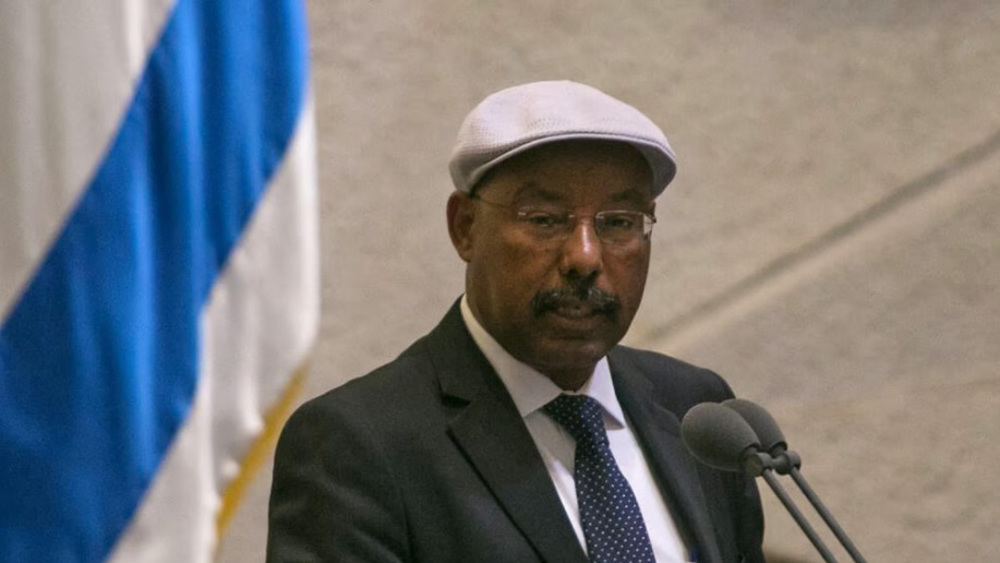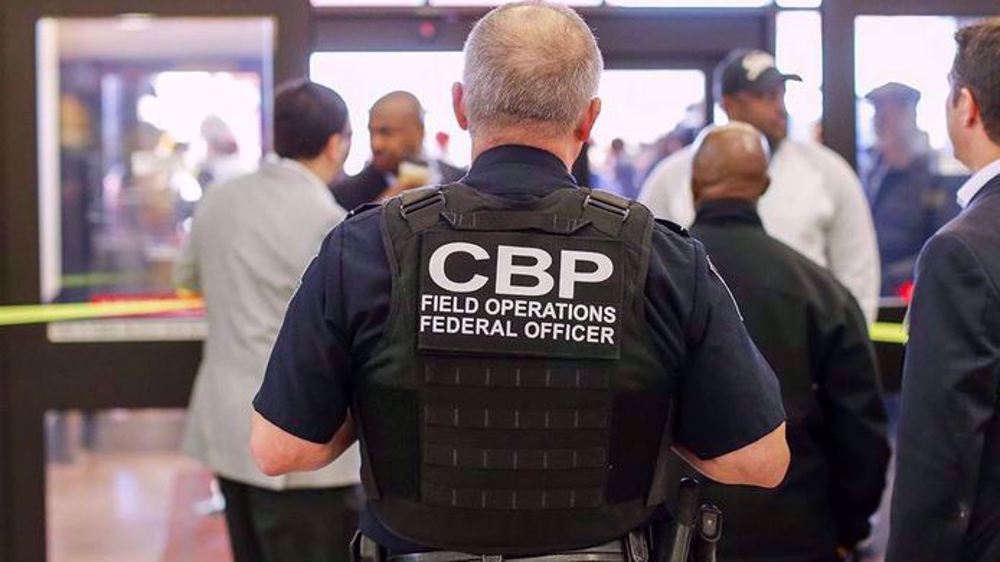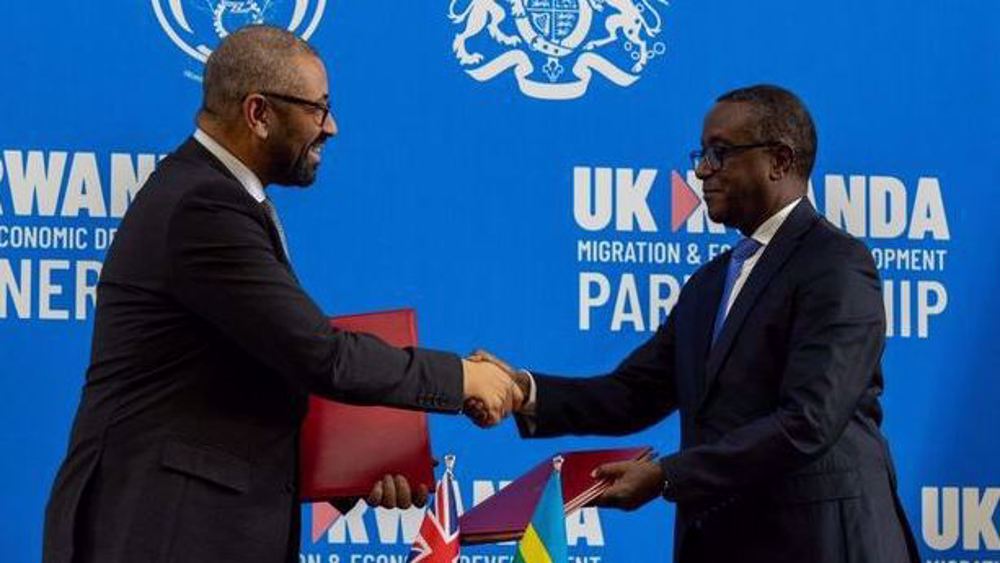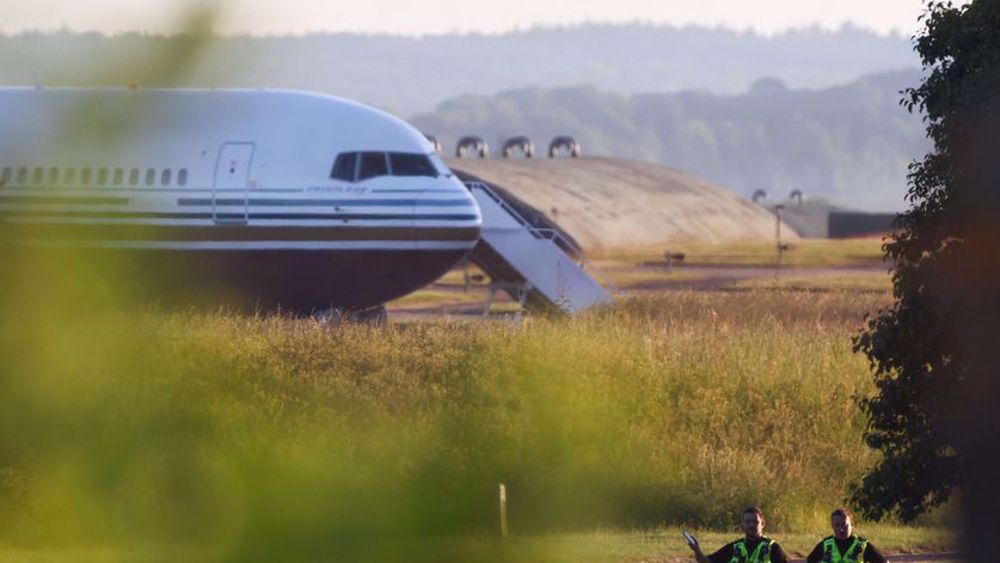UK signs controversial asylum treaty with Rwanda
UK Home Secretary James Cleverly has signed a new Rwanda treaty in a fresh effort by the Tories aimed at reviving one of its failed plans to deal with the migrant inflow.
The plan to send asylum seekers to Rwanda is a key pillar of UK Prime Minister Rishi Sunak’s policy to “stop the boats” of migrants arriving from France and convince the public that No. 10 is doing all it can to stop asylum seekers.
The prime minister has been facing criticism over figures showing net legal immigration reached a record high last year in the UK.
The treaty signed with Rwanda on Tuesday aims to resolve Sunak’s immigration problems.
The revived plan aims to send asylum seekers landing in the UK to the African nation and head off criticism over the government’s failed asylum efforts.
Cleverly said he expected migrants to be heading to Rwanda in the coming months.
He claimed the new treaty had addressed all the problems that had been raised by the UK Supreme Court.
"I really hope that we can now move quickly," Cleverly said to reporters in Kigali.
The new migrant treaty, which replaced a former memorandum of understanding signed between the UK and Rwanda in this regard, came ahead of “emergency legislation” to push through the policy set to be introduced in Westminster as soon as this week to overcome the UK Supreme Court’s ruling that the Rwanda policy is unlawful.
Under the Sunak government's plan, London intends to send thousands of asylum seekers who arrived on its shores without permission to Rwanda to deter migrants from crossing the Channel from Europe on small boats causing a migrant crisis in the country.
"Stop the boats" is one of five goals Sunak set for his government to end the flow of asylum seekers.
The UK Supreme Court ruled unanimously last month that asylum seekers sent to Rwanda were at real risk of being sent back to their home countries without proper assessment of their claims.
However, the new treaty reportedly provides that anyone sent to Rwanda is given permanent leave to remain there even if their asylum application fails, government officials said, allowing them to work and access public services.
The UK government's first group of migrants relocated to Rwanda was scheduled to go last summer but the flight taking them was cancelled at the last moment because of legal shortcomings raised by the Court regaining the UK's obligations to refugees under domestic and international law.
Legal experts said Rwanda's human rights record meant the government's "highly contentious" policy would be challenged in the courts and parliament.
"You cannot in a matter of weeks or months reform a country and turn it into one with an impartial judiciary and administrative culture," according to one expert at a British legal firm. "The treaty appears to be yet more fairytale politics and completely unworkable."
UK Labour Party's home affairs spokeswoman, Yvette Cooper, dismissed the Sunak government's efforts to revive the Rwanda plan as “simply a gimmick”, and noted the government had so far sent more home secretaries to Rwanda than asylum seekers. Labour plans to ditch the Rwanda plan if it wins in upcoming general elections.
The latest public survey in the UK suggests migration has become one of the top three concerns of the British electorate ahead of a general election expected next year, after the economy and health. The Labour Party has a double-digit lead in the polls.
Meanwhile, Rwanda has received an initial payment of 140 million pounds ($180 million) with the promise of more money to fund the accommodation and care of the planned asylum seekers deported to the country.
Rwanda's Foreign Minister Vincent Biruta said on Tuesday that his government was doing the “right thing” despite being “unfairly treated by international organizations, the media [and] courts”.
“Those who are criticizing us should bring up an alternative to the solution we’re proposing,” he said, adding that “there is a need to tackle the underlying challenges driving people from their homelands”.

Moroccan port workers protest Maersk ship carrying F-35 parts to Israel

Top Israeli diplomat expelled from African Union summit

US revokes all visas held by South Sudanese passport holders
Over 100 rabbis, cantors slam Trump for pro-Palestine campus crackdown
Nearly 30 Palestinians killed in fresh Israeli strikes on Gaza
VIDEO | Press TV's news headlines
FBI, local police raid homes of pro-Palestine activists in Michigan
Trump ratings low amid US economic turmoil
VIDEO | Trump tariffs: A wrecking ball!
Israel deprives Gazans of basic needs for ‘survival’: UN
South Africa has no choice but to support resistance against Israel's genocide in Gaza








 This makes it easy to access the Press TV website
This makes it easy to access the Press TV website